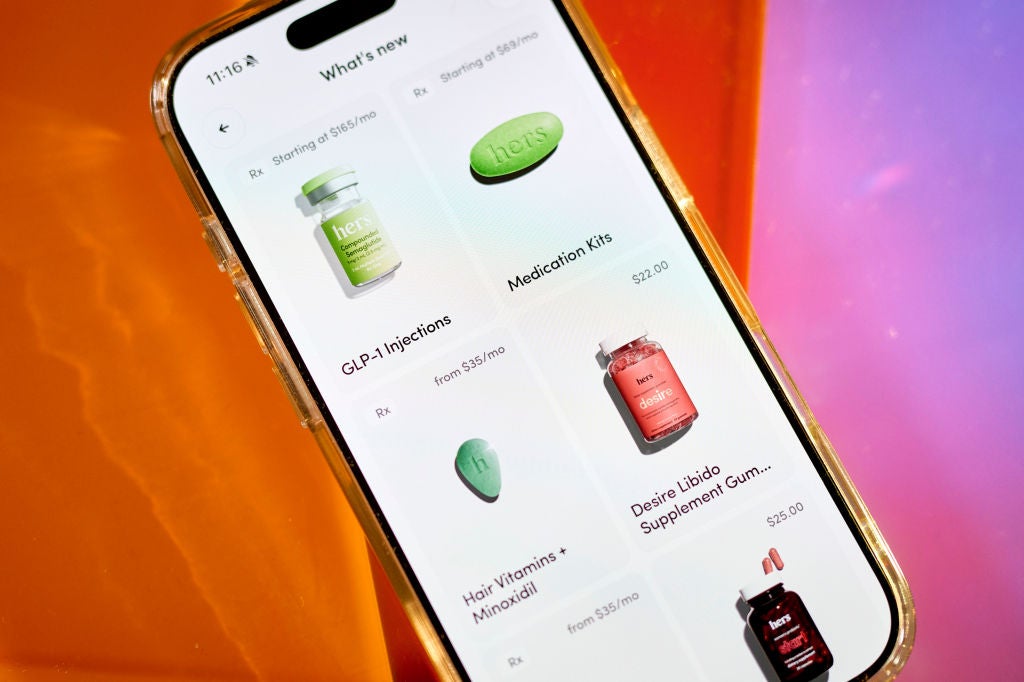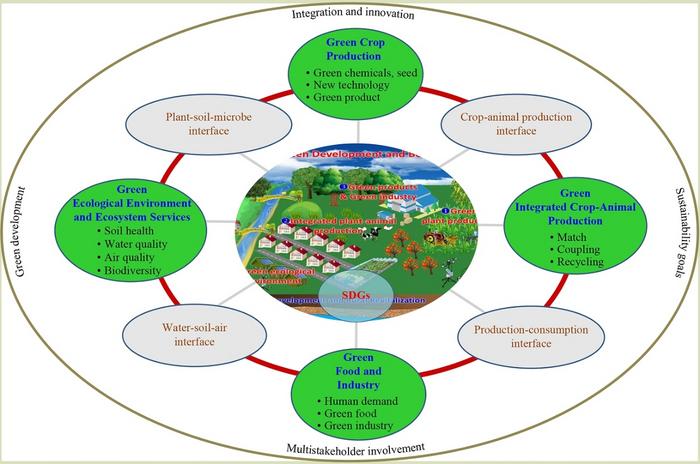Measuring Quality of Life Post-Transplant Vital
In the evolving landscape of cancer treatment, haematopoietic cell transplant (HCT) stands as a beacon of hope for many patients battling blood cancers. Yet, while the clinical success of such transplants is often measured through traditional biomedical markers, an equally pivotal aspect has garnered increasing attention: the patient’s quality of life (QoL) post-transplant. A groundbreaking […]


In the evolving landscape of cancer treatment, haematopoietic cell transplant (HCT) stands as a beacon of hope for many patients battling blood cancers. Yet, while the clinical success of such transplants is often measured through traditional biomedical markers, an equally pivotal aspect has garnered increasing attention: the patient’s quality of life (QoL) post-transplant. A groundbreaking qualitative study published in BMC Cancer delves deep into how patients themselves view the importance of collecting quality-of-life data after HCT, opening a new dialogue on personalized care and long-term recovery monitoring.
The study underscores a fundamental yet often overlooked principle: the journey of recovery extends far beyond the clinical walls and laboratory values. Patients emphasized the crucial need for continuous and transplant-specific QoL data collection throughout their recovery timeline. This holistic approach, they argue, not only captures the nuanced realities of their post-transplant lives but also sheds light on subtle, day-to-day changes in wellbeing that standard protocols often miss.
Central to the study’s methodology was the inclusion of 21 patients who had undergone HCT, ranging in age from 26 to 71 years. Their voices formed the backbone of an in-depth semi-structured interview process designed to unravel their perspectives on when, how, and what kind of QoL data should be gathered. The discussion framed around two established Patient-Reported Outcome Measures (PROMs)—the Functional Assessment Cancer Therapy – Bone Marrow Transplant (FACT-BMT) and the Patient Reported Outcome Measurement Information System (PROMIS-29)—offered concrete starting points to evaluate patient attitudes toward existing data collection tools.
Remarkably, patients expressed a strong preference for PROMs tailored specifically to the transplant experience. Generic measures, often criticized for their lack of sensitivity to unique post-transplant challenges, were seen as inadequate for capturing the real spectrum of recovery concerns. For example, many recalled feeling blindsided by the long-term implications of HCT, highlighting an unmet need for data that could effectively communicate the ‘typical’ trajectory of recovery beyond the clinical milestone of 100 days post-transplant.
The implications of this preference extend far beyond research, suggesting a transformative potential in clinical practice. Patients envisioned QoL measurement as a mechanism to identify emerging issues early, enabling more timely intervention by healthcare providers. Furthermore, consistent QoL assessment could serve as a bridge to facilitate richer communication with clinicians, offering insights that standard health checks might overlook.
One of the study’s most compelling findings pertains to the mode of data capture. While electronic methods were broadly favored for their convenience and efficiency, respondents were keenly aware of barriers such as age-related digital literacy and unequal access to technology. This insight cautions against a simplistic one-size-fits-all solution, advocating instead for flexible, patient-centered approaches that reconcile technological advances with individual capabilities and circumstances.
Another layer of complexity in QoL data collection revolves around the content of the questionnaires themselves. Some patients raised concerns about the relevance of specific items, underscoring the need for PROM questions to resonate authentically with their lived experiences. Additionally, there was skepticism about whether available tools are sufficiently sensitive to detect the fluctuations in daily wellbeing that define much of the post-transplant period.
The study also highlights the psychosocial dimension of QoL monitoring. Knowing that their experiences contribute to a larger database of patient outcomes was described as reassuring by several participants, offering a sense of community and shared understanding. Such data collection could also empower patients by fostering self-monitoring habits, thereby promoting active engagement in their recovery journey.
Importantly, these findings were not developed in isolation. The research benefited greatly from the involvement of a Patient Advisory Group (PAG), composed of six transplant recipients who helped co-design the study, review coding frameworks, and interpret findings. This patient-oriented research paradigm ensures that resulting recommendations are firmly grounded in real-world patient priorities rather than purely academic or clinical agendas.
From a technical perspective, the utilization of thematic analysis powered by NVivo software enabled a rigorous dissection of interview transcripts, allowing researchers to tease out nuanced themes that might have otherwise remained hidden. This methodological robustness lends credibility to the argument that patient voices must be central in shaping QoL data protocols.
Looking ahead, this study calls for a paradigm shift in how healthcare systems approach patient-reported outcomes in the context of HCT. Incorporating long-term, routine QoL measurement into post-transplant care pathways not only enhances clinical understanding but could also drive personalized interventions tailored to evolving patient needs.
Moreover, integrating electronic PROMs with clinical workflows might facilitate real-time monitoring, alerting providers to emerging complications and enabling prompt support. Yet, this technological integration must be carefully designed to avoid excluding vulnerable populations who might struggle with digital interfaces.
The emphasis on transplant-specific PROMs also fuels a conversation about the development and refinement of measurement tools that truly capture the unique burdens of HCT survivors. Collaborative efforts involving patients, clinicians, and methodologists will be essential to engineer instruments that are both psychometrically sound and deeply resonant with patient experiences.
Another critical insight is the value patients place on seeing their data contribute toward a normative framework of HCT recovery. The creation of such reference trajectories derived from large-scale QoL databases could inform patient education, setting realistic expectations, and reducing anxiety about the unknowns of the post-transplant process.
In conclusion, this pioneering investigation into patient perspectives heralds a new era where quality-of-life data collection following haematopoietic cell transplant becomes an integral pillar of supportive cancer care. By listening to and prioritizing patient voices, healthcare stakeholders can design data systems that are not only clinically meaningful but also compassionate and empowering.
As oncology moves toward precision medicine, it is imperative that patient-reported metrics evolve in parallel, ensuring holistic recovery paths that account for the mind, body, and spirit of those who face cancer’s challenges head-on. The journey after transplant is long and complex, and as this study profoundly shows, continuously measuring quality-of-life is not just beneficial—it is essential.
Subject of Research: Patient perspectives on quality-of-life data collection following haematopoietic cell transplant.
Article Title: “It’s very important that you measure throughout that journey…”: patient perspectives towards quality-of-life data collection following haematopoietic cell transplant.
Article References:
Pugh, G., Young, L., Yiallouridou, C. et al. “It’s very important that you measure throughout that journey…”: patient perspectives towards quality-of-life data collection following haematopoietic cell transplant. BMC Cancer 25, 864 (2025). https://doi.org/10.1186/s12885-025-14269-8
Image Credits: Scienmag.com
DOI: https://doi.org/10.1186/s12885-025-14269-8
Tags: blood cancer patient interviewscancer treatment recovery monitoringcontinuous QoL data collectionhaematopoietic cell transplant patient experiencesholistic approach to cancer recoverylong-term effects of HCTpatient perspectives on QoL datapersonalized care in cancer treatmentqualitative study on transplant outcomesquality of life post-transplanttransplant-specific quality of life metricsunderstanding patient wellbeing after transplant
What's Your Reaction?


































